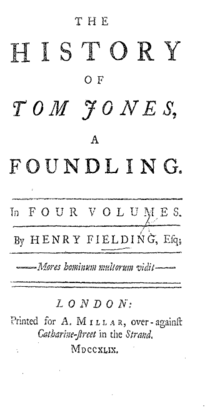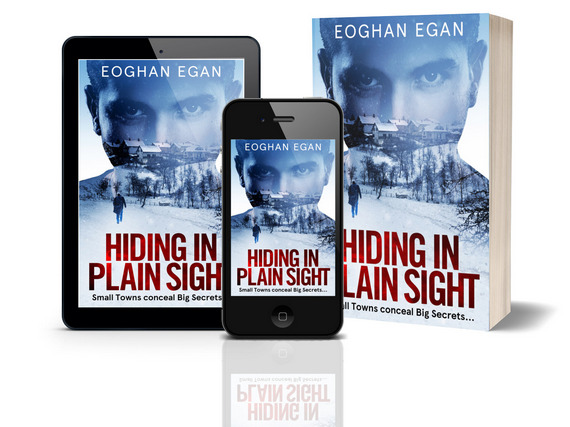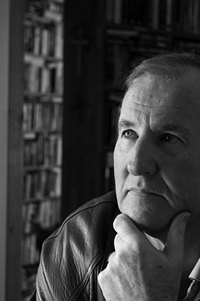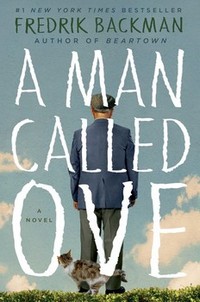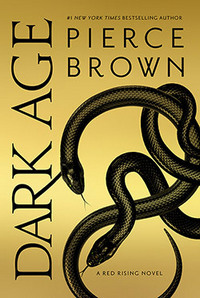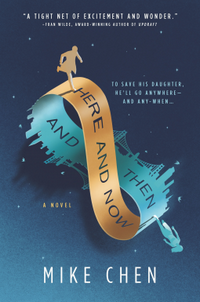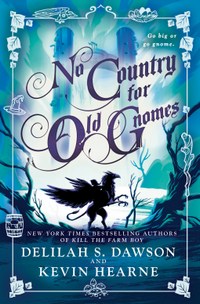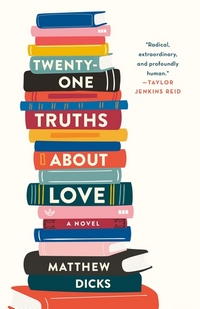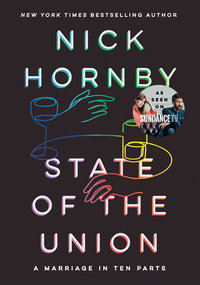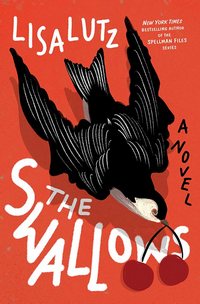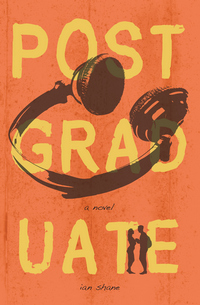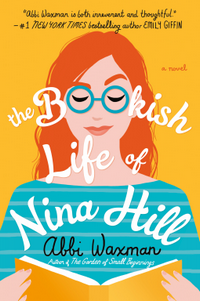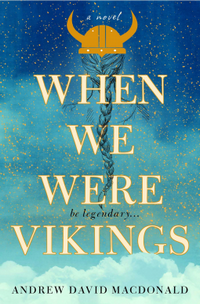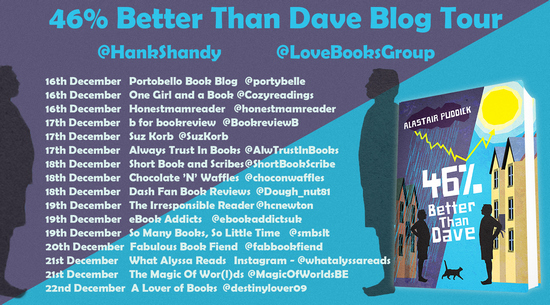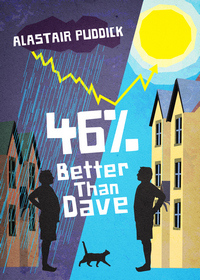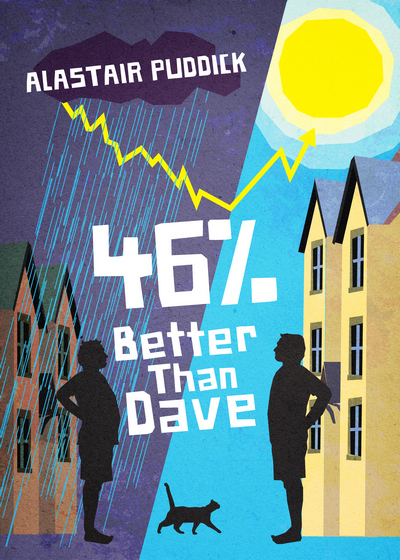Ugh. I can’t believe I’m late in composing this. Not the best way to start this series…

(yeah, I know, I typically hate using actor’s images when it comes to discussing the source material…but, w/o Finney, I’m not doing this)
…the Excellence of the mental Entertainment consists less in the Subject than in the Author’s Skill in well dressing it up. How pleased, therefore, will the Reader be to find that we have, in the following Work, adhered closely to one of the highest Principles of the best Cook which the present Age, or perhaps that of Heliogabalus, hath produced. This great Man, as is well known to all Lovers of polite eating, begins at first by setting plain Things before his hungry Guests, rising afterwards by Degrees as their Stomachs may be supposed to decrease, to the very Quintessence of Sauce and Spices. In like manner, we shall represent Human Nature at first to the keen Appetite of our Reader, in that more plain and simple Manner in which it is found in the Country, and shall hereafter hash and ragoo it with all the high French and Italian Seasoning of Affectation and Vice which Courts and Cities afford. By these Means, we doubt not but our Reader may be rendered desirous to read on for ever, as the great person just above-mentioned is supposed to have made some Persons eat.
Having premised thus much, we will now detain those who like our Bill of Fare no longer from their Diet, and shall proceed directly to serve up the first Course of our History for their Entertainment.
So in these opening pages, we kind of meet Tom Jones, but primarily, we’re introduced to the world he will live in and those who will (I’m assuming) have care of him during his formative years. An infant is left on the metaphorical front porch of Squire Allworthy, who seems to be a kind and generous soul. He puts the infant into the care of his sister, Miss Bridget, a censorious spinster type, who enlists the housekeeper, Mrs. Deborah, to give her aid.
The first thing that occurred to me was: why did I stop reading this in the past? I got into the story right away, I loved the voice, and am eager to move on.
This narrator…he’s practically chatty. He’s not the impartial third-person type, for example:
Reader, I think proper, before we proceed any farther together, to acquaint thee that I intend to digress, through this whole History, as often as I see Occasion: Of which I am myself a better Judge than any pitiful Critic whatever; and here I must desire all those Critics to mind their own Business, and not to intermeddle with Affairs or Works which no ways concern them: For till they produce the Authority by which they are constituted Judges, I shall not plead to their Jurisdiction.
Okay, yeah, he could be more concise, sure. But you have to smile at that.
The last thing, I got a quick vocabulary lesson. At one point Miss Bridget is describing the infant’s unknown mother as “an impudent slut, a wanton hussy, an audacious harlot, a wicked jade, a vile strumpet, [and] every other appellation with which the tongue of virtue never fails to lash those who bring a disgrace on the sex.” I didn’t realize that slut and hussy were so old, same for strumpet (although I figured it was more dated than the others).
Anyway, I had fun and did have to stop myself from carrying on. That’s a good sign for this project.
![]()


